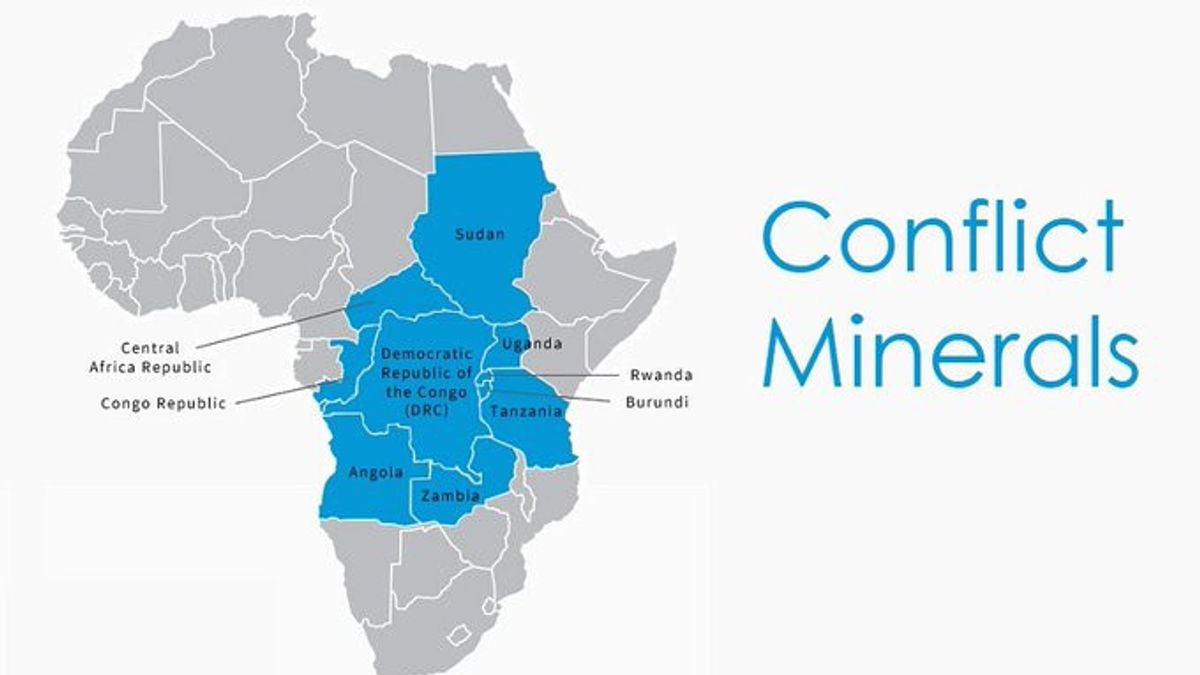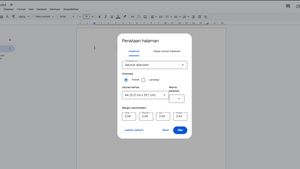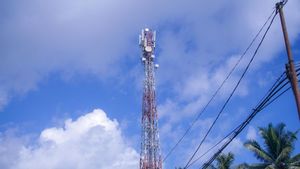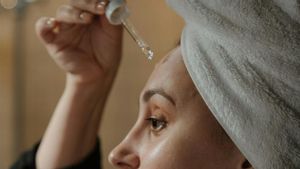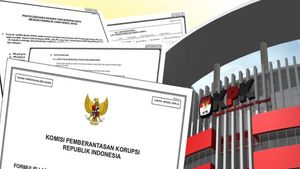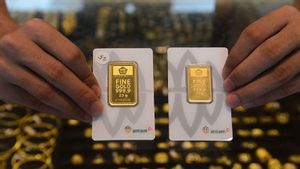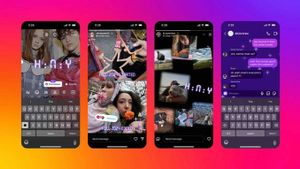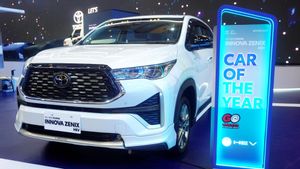JAKARTA Apple's giant tech company faces serious accusations from the government of the Democratic Republic of Congo over the use of conflict minerals in its supply chain. The allegation accuses Apple of covering up war crimes by deliberately using conflict minerals originating from areas suspected of financing armed groups in Congo. Two criminal complaints have been filed against Apple in France and Belgium.
Apple, along with a number of other major technology companies, has long been accused of using tin, tungsten, and tantalum minerals (known as 3T) from conflict areas. These minerals are important ingredients in the manufacture of electronic devices such as iPhones.
According to documents obtained by Reuters, the charges filed state that the conflict minerals from Congo were washed through several shell company networks before reaching Apple's suppliers. In the complaint, the Congo government alleges that Apple is directly responsible and indirectly supports crimes against humanity in conflict areas.
These allegations also highlight the failure of the conflict mineral tracking system carried out by a certification body called ITSCI (International Tin Supply Chain Initiative). ITSCI is an organization funded by the metal industry to ensure that minerals originating from conflict areas are free from exploitation of forced labor and do not fund armed groups.
However, the Mineral Responsibility Initiative (RMI), which is an independent monitoring agency, removed ITSCI from the reliable certification body list in 2022. The decision was taken after evidence of systemic failure in the ITSCI certification process. However, Apple still cites ITSCI in its 2023 annual report as one of its mineral sources references.
Apple, including Apple France and Apple Retail France, is well aware that their mineral supply chain relies on systematic wrong practices, "wrote a complaint in France.
This case is the first to involve a major technology company from the United States on charges related to war crimes. The charges made include:
Courts in France and Belgium are now examining evidence and determining legal steps to be taken against Apple France and Apple Retail Belgium.
Apple stated that it did not buy conflict minerals directly, but rather through a strictly audited supply chain. Since 2009, Apple claims to have removed 163 smelters and cleaners from its supply chain for not meeting established standards.
In the 2023 annual report to the United States Securities and Exchange Commission (SEC), Apple said that none of its suppliers directly finance armed groups or obtain minerals from illegal sources. Apple also refers to its Pemasok Code of Ethics, which includes social, environmental and human rights responsibilities.
اقرأ أيضا:
However, the Congo government questioned the effectiveness of Apple's move. In April 2024, a group of international lawyers sent a letter to Apple CEO Tim Cook and Apple's subsidiary in France asking for clarification on the alleged violation of the supply chain. Apple's answer was deemed inadequate by the Congo, so a criminal complaint was filed.
Tin, tungsten, and tantalum minerals do not have adequate substitution in the technology industry. The availability of these minerals is essential for the production of electronic devices such as chips, batteries, and solders. Therefore, monitoring of mineral sources is a major concern amid increasing pressure on technology companies to ensure sustainable and free supply chains from human rights violations.
With this case, Apple is in the spotlight on the issue of supply chain sustainability. If found guilty, these allegations could have a major impact on Apple's reputation and drive major changes to global technology industry supply chain policies.
The Congo government and related parties hope that French and Belgian courts can provide justice for victims of war crimes that occur due to the exploitation of conflict minerals. On the other hand, the global community is now waiting for concrete steps taken by major technology companies to improve its supply chain practices.
The English, Chinese, Japanese, Arabic, and French versions are automatically generated by the AI. So there may still be inaccuracies in translating, please always see Indonesian as our main language. (system supported by DigitalSiber.id)
